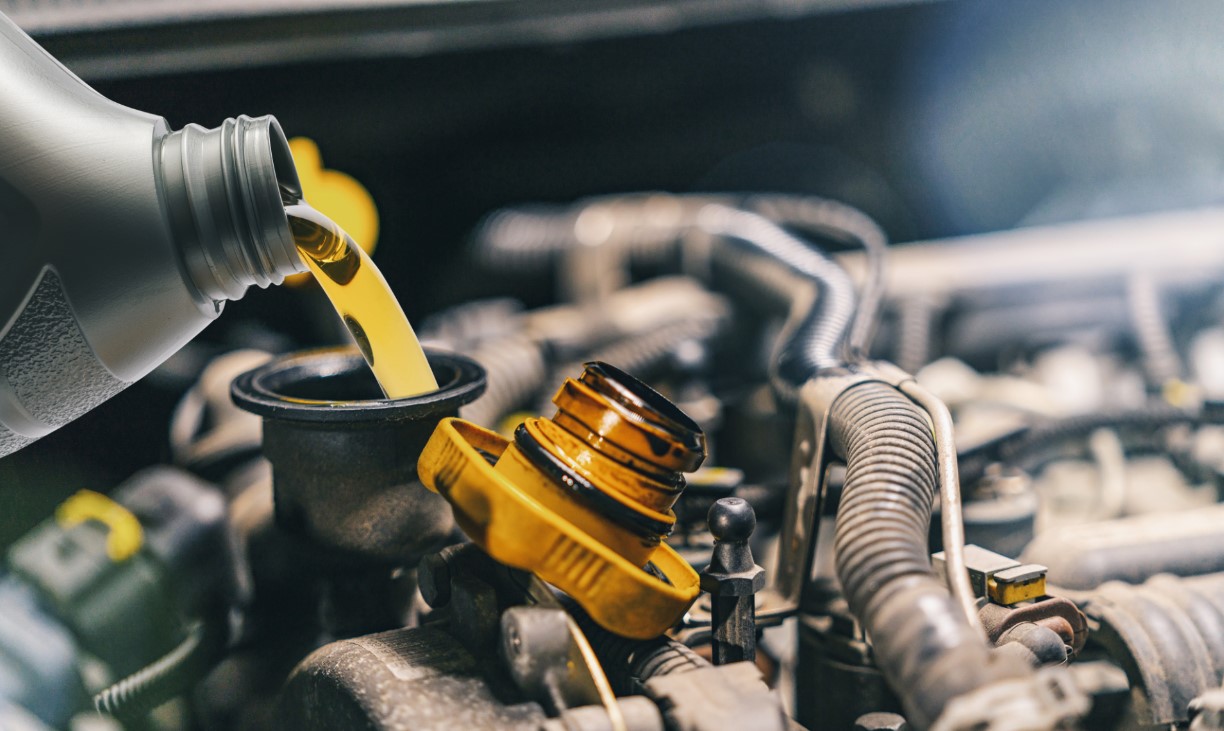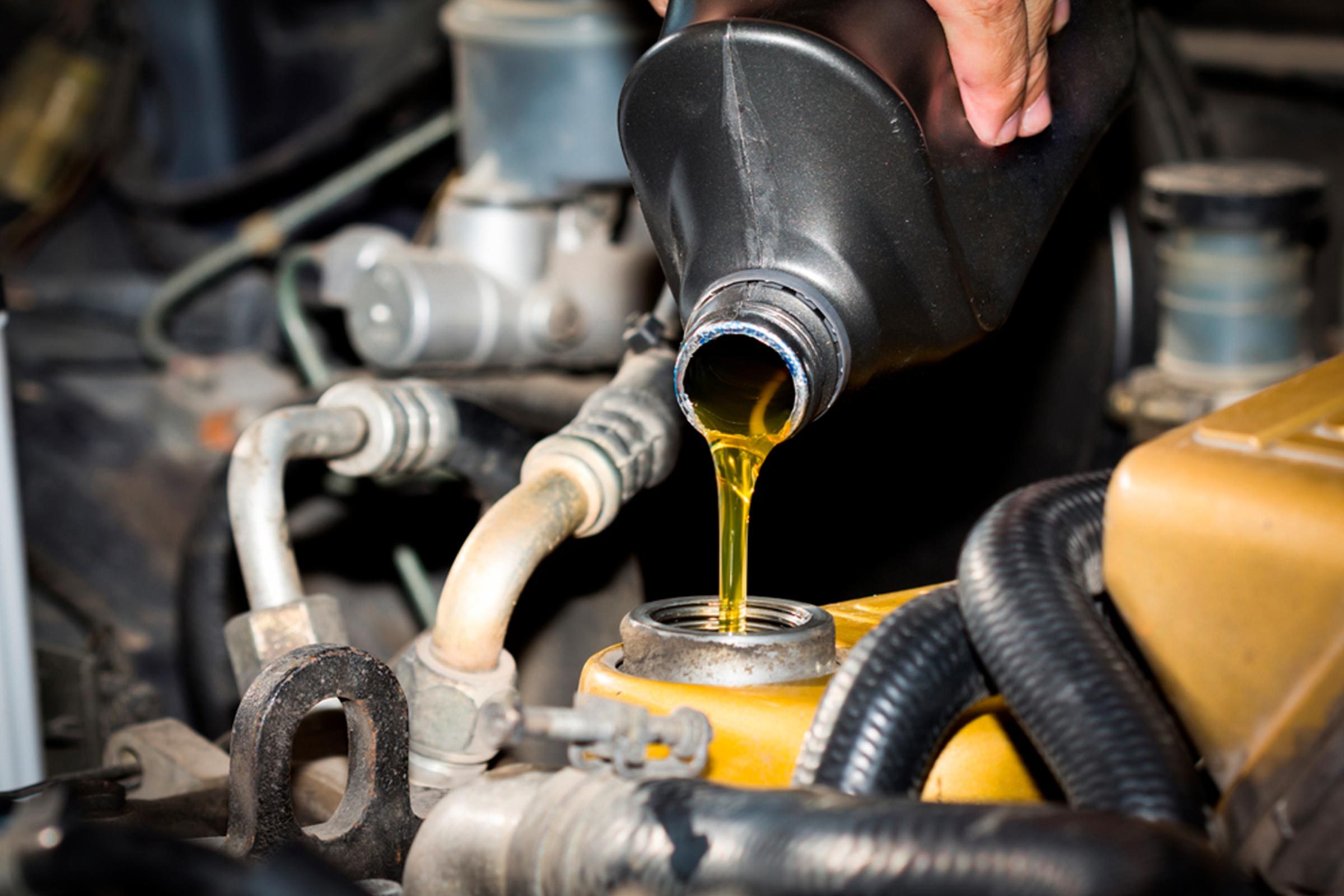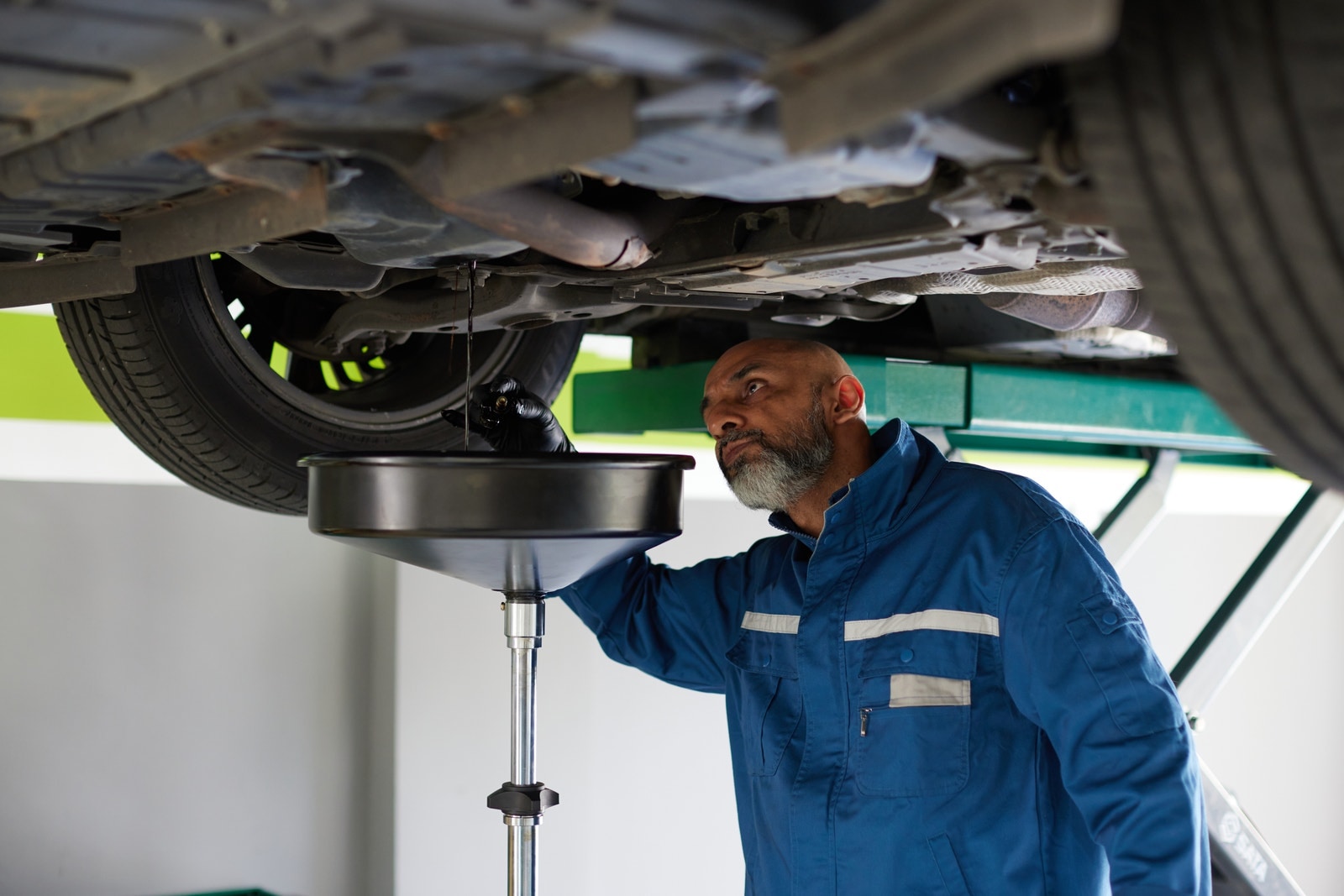Just How an Oil Change Improves Fuel Effectiveness and Safeguards Your Auto
Normal oil adjustments are a vital aspect of automobile upkeep that can significantly boost gas efficiency and safeguard engine stability. By changing old, infected oil with high-grade alternatives, friction among engine components is lessened, causing improved operational efficiency and fuel intake. This method aids eliminate dangerous down payments that add to engine wear over time. Recognizing the elaborate connection in between oil top quality and lorry efficiency discloses not only the instant benefits but additionally the lasting ramifications for your auto's lifespan. The inquiry continues to be: what specific indications should you know to determine when an oil modification is essential?
Relevance of Routine Oil Modifications
Normal oil adjustments are necessary for maintaining the durability and efficiency of any kind of lorry. Engine oil acts as a crucial lubricant, minimizing friction between moving parts and protecting against too much wear. With time, oil breaks down due to exposure to heat, moisture, and contaminants, which endangers its capability to protect the engine. Neglecting oil adjustments can result in a host of problems, including engine overheating, decreased fuel efficiency, and eventually, expensive repair work.
Additionally, normal oil adjustments contribute to optimum engine efficiency. Fresh oil makes certain that the engine runs efficiently, permitting for far better velocity and responsiveness.
Exactly How Oil Top Quality Influences Efficiency
Just how does oil high quality effect the general efficiency of an engine? The high quality of engine oil plays an important role in preserving optimal engine function - Oil Change Lockhart. Top quality oil is developed to offer exceptional lubrication, reducing rubbing between moving parts. This not just decreases wear yet likewise improves the efficiency of power transfer within the engine, promoting smoother operation.
Moreover, quality oil includes ingredients that improve its efficiency under differing conditions. These additives can consist of cleaning agents, which help to clean engine components and prevent sludge buildup, and anti-wear representatives, which secure vital surfaces throughout high-stress situations. The viscosity of the oil is also necessary; it has to remain steady across a variety of temperature levels to ensure appropriate flow and lubrication.
Utilizing substandard or degraded oil can lead to diminished efficiency, resulting in raised engine wear and possible getting too hot. Regularly examining and altering the oil according to maker specs makes sure that the engine runs at its best, securing your investment in your vehicle.

Impact on Gas Efficiency
Premium engine oil assists in smoother engine operation by minimizing friction between relocating parts. When the engine oil is fresh and of remarkable top quality, it keeps ideal thickness, making sure that the oil moves appropriately and reaches all necessary elements.
Alternatively, broken down or low-quality why not look here oil can create increased friction and resistance within the engine. This not just interferes with efficiency but additionally forces the engine to work harder, causing greater fuel intake. Regular oil changes help maintain the oil's honesty, making certain that it remains reliable in oiling engine parts and preventing build-up of hazardous down payments.

Avoiding Engine Deterioration
Maintaining optimal engine efficiency is greatly dependent on avoiding damage, which can dramatically expand the lifespan of the automobile. Regular oil modifications play an essential role in this preventive upkeep approach. Engine oil acts as a lube, decreasing friction between moving components, which helps to minimize wear. In time, oil can come to be infected with dirt, particles, and metal fragments, lessening its efficiency.
When oil is not changed regularly, it can result in increased friction, getting too hot, and inevitably, engine failure. Fresh oil, on the various other hand, contains additives that safeguard engine elements from weblink corrosion and wear, making certain smoother operation.
In addition to the quality of oil, following the maker's suggested oil adjustment intervals is crucial. By prioritizing routine oil changes, automobile proprietors can significantly minimize the threat of engine wear, improve performance, and eventually save on costly fixings, therefore maintaining the lorry's value over time.
Indications Your Oil Needs Altering
Normal oil changes are not only essential for stopping engine wear yet also for identifying when your oil requires replacement. A number of indications suggest that it may be time for an oil modification, and being alert regarding these can help maintain your car's efficiency.

Among one of the most usual indicators is the oil change light on your dashboard. Oil Change Lockhart. If this light illuminates, it is a prompt to examine your oil levels and take into consideration a change. Additionally, if you observe a dark, sandy structure when evaluating the oil on the dipstick, it recommends that the oil has actually become contaminated and is much less effective in visit this web-site lubing the engine parts
Uncommon engine noises, such as knocking or ticking, might likewise signify that the oil is failing to do its responsibilities, possibly leading to significant engine damage. If you detect a burning oil scent or see oil spots under your automobile, these can show leakages or too much usage, demanding an instant oil change.

Conclusion
The use of high-grade, fresh oil reduces rubbing among engine components, lowering energy loss and promoting smoother operation. Timely oil modifications protect against the accumulation of damaging pollutants that contribute to engine wear and overheating.